- Report
- 1 juillet 2024
Understanding the role of CAMFED’s peer mentors in shifting gender social norms in four districts in Tanzania
- Published by: REAL Centre University of Cambridge
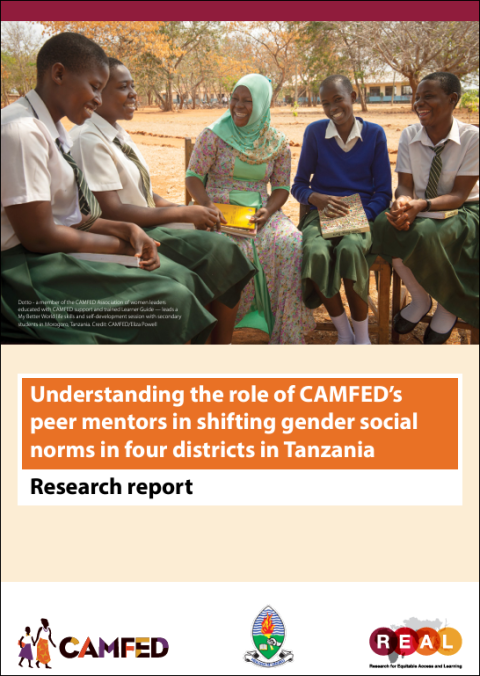
This report highlights outcomes from a research study that aimed to identify if and how CAMFED’s peer mentors, known as Learner Guides, contributed towards shifts in gender social norms in the communities in which it works in Tanzania. The study addressed three questions:
- What gender social norms were hindering gender equality in the communities in Tanzania in which CAMFED works?
- Who in the community did Learner Guides engage with to support the shift in gender social norms which were holding back opportunities for girls and young women?
- To what extent did Learner Guides help shift gender social norms?
The research area covered a range of districts and wards in Tanzania. These indicated the differences in perspectives between districts including matrilineal and patrilineal arrangements, livelihood activities, and cultural practices. The study identified six key clusters of gender social norms that potentially adversely affect girls and young women: education, early pregnancy, early marriage, gender-based violence, paid/unpaid work and decision-making and leadership. It then sought to uncover whether these norms were being shifted because of the interventions by the Learner Guides.
Overall, the analysis showed that the Learner Guides contributed most significantly to changes in gender social norms related to education and gender-based violence, while also contributing somewhat to paid work and decision-making and leadership. These shifts were achieved primarily through the Learner Guides’ ability to engage at grassroots level and by providing students and communities with education and awareness. For example, by advocating for the value of education, especially for girls, and the value of girls and women more generally, the Learner Guides acted as role models in the community. However, the analysis also indicated that Learner Guides appeared to have less engagement with religious and village leaders, many of whom did not attribute change directly to the Learner Guides.
Some community members also raised concerns about boys facing disadvantages in areas such as completing education, caused by gender social norms which place pressure on boys to earn an income. There were also norms linked to the perceived shame for boys and men to report acts of gender-based violence against them.
Overall, Learner Guides did not shift gender social norms in isolation but were part of a broader set of factors which facilitated and catalysed shifts in gender social norms. In education and gender-based violence, government policies played an important role in supporting changes, and in relation to work and decision-making and leadership, globalisation and role models contributed to shifts in gender social norms.
- Tags:
- Education, Normative change
- Countries / Regions:
- Tanzania
Related resources
Report
1 juillet 2024
Published by: REAL Centre University of Cambridge

Report
14 avril 2025
Published by: ALIGN, IfD
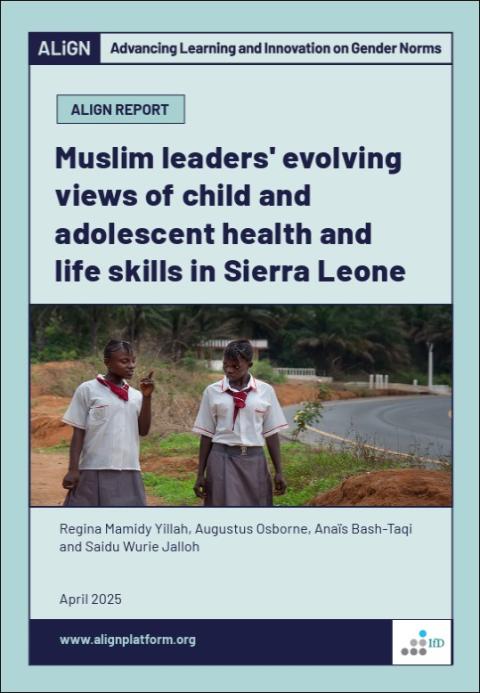
Report
26 mars 2025
Published by: ALIGN, Aahung
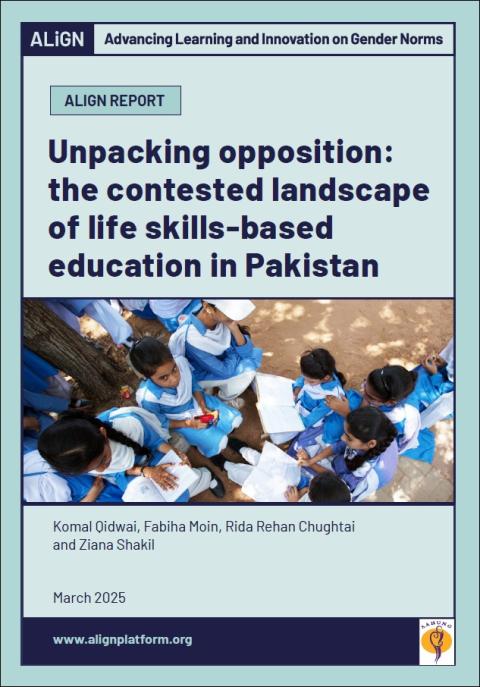
Blog
19 décembre 2024
Published by: ALIGN

Blog
5 décembre 2024
Published by: ALIGN
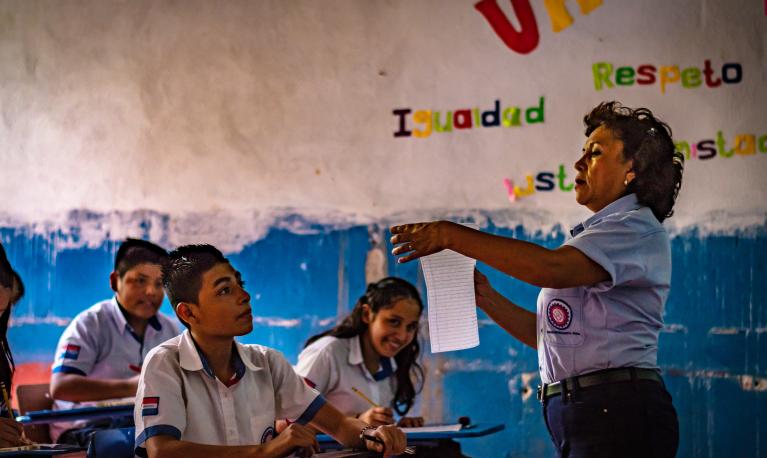
Briefing paper
1 décembre 2024
Published by: UN Women
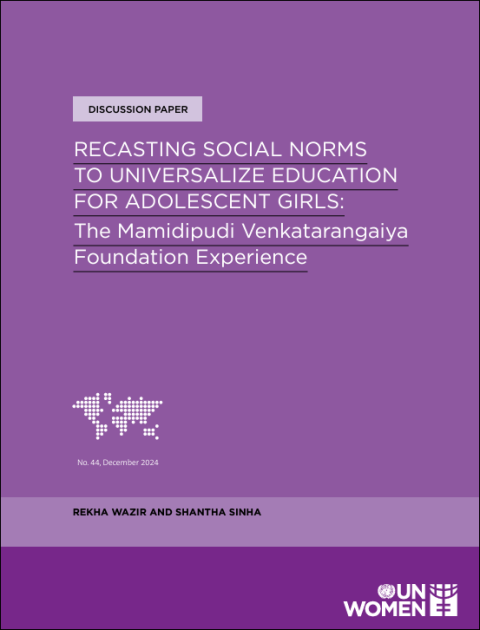
Report
20 novembre 2024
Published by: ALIGN
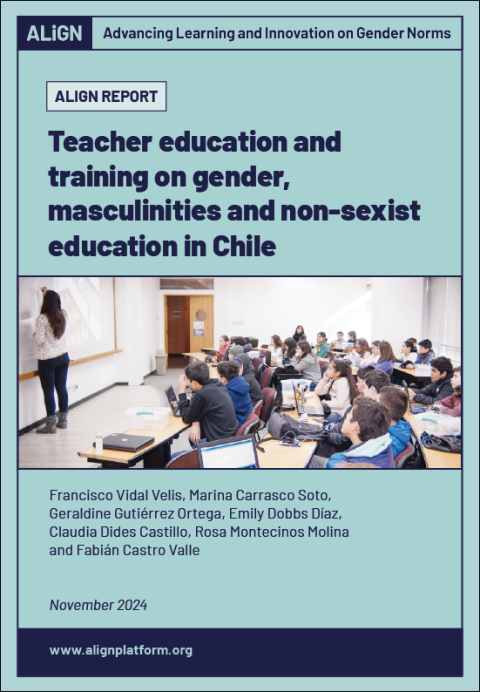
Report
13 novembre 2024
Published by: ALIGN
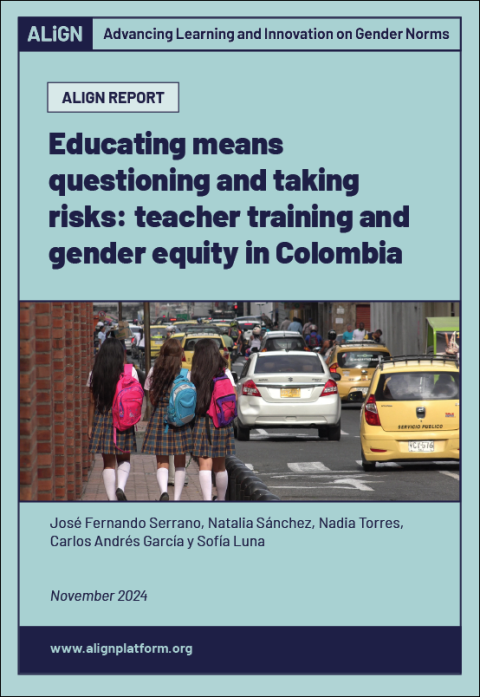
Report
13 novembre 2024
Published by: ALIGN

Blog
3 octobre 2024
Published by: ALIGN
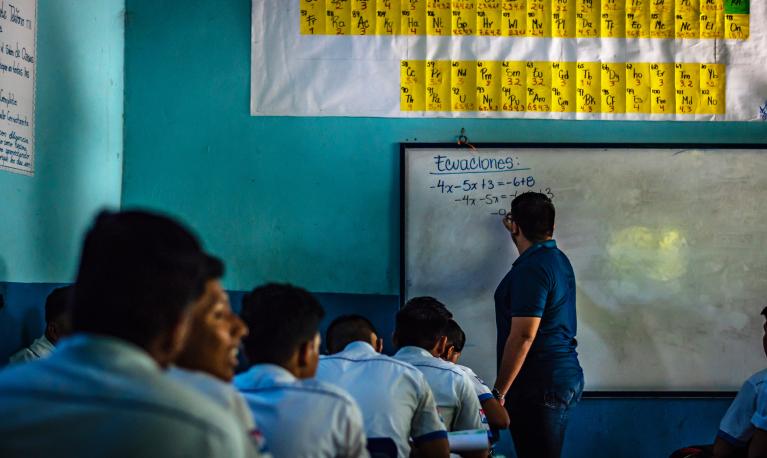
Report
8 septembre 2024
Published by: ALIGN

Biblio/Lit. review
1 septembre 2024
Published by: Dasra, EMpower
